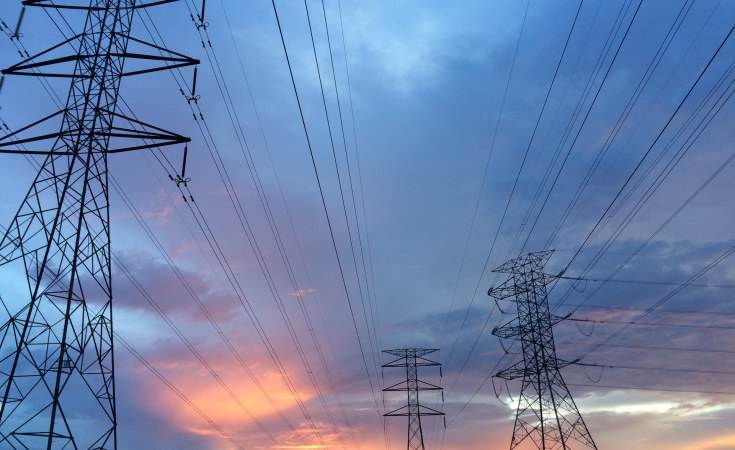-calls for load shedding to meet customers' demand
The Management of the Liberian Electricity Corporation (LEC) says it is experiencing shortage of energy supply to the public thus, it has reverted to instituting limited load shedding to meet customers' demands.
A press release from the corporation reveals that energy consumption in the country has increased significantly, thus imparting the supply of available energy on the market.
The release notes that the network peak load on the market had increased from an average load of 55 MW to as high as 73.2 MW during evening hours.
Management says LEC contracted 27MW from CL Energy of La cote d'Ivoire to help compensate for the energy supply deficit, which represents the maximum allocation available to each CLSG country.
The release continues that as a result of the increase in energy demand, LEC has exceeded its allocation for CL energy hence, the company has informed Liberia that it cannot provide additional energy at this time because of the limited energy supply.
At the same time, management reveals that energy supply from the Mount Coffee Hydropower Plant has declined due to low water levels.
"In addition to the 27MW supply by CL energy, LEC can generate up to 18.5 MW from mount coffee depending on the water inflow and has additionally instills a thermal generation capacity of 28MW."
"Therefore, LEC will meet a demand of about approximately 50 MW this dry season, compared to the 14 MW supply during the dry season." The release adds.
It notes that the corporation suspects that load shedding will be limited in scope and duration until the return of dry seasons in June 2023. LEC had asked its customers to conserve energy and turn off appliances when not in used, especially during evening hours when consumption is extremely high.
"Energy conservative by the customer will reduce the energy demand and the level of load shedding. The load shedding schedule will be managed hourly and daily in response to a peak in energy consumption."
Meanwhile, the Management of LEC assures its customers that an additional supply of electricity is planned for the next dry season to address the perennial problems of energy supply deficits in the dry season.


